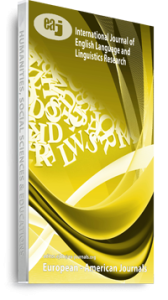Using data provided by a group of Canadian undergraduate university students, the present study expands research on regional pragmatic variation in English. It focuses on types, frequencies, pragmatic functions, realization forms, and situational distribution of invitation refusals in Canadian English. Results show that the invitation refusals collected appear either as single speech acts or as communicative acts/speech act sets in which refusals are combined with other types of acts. The analysis also reveals the use of direct refusals and/or indirect refusals and/or supportive acts in the production of refusal utterances, with significant differences regarding their frequencies, realisation patterns, pragmatic functions and situational distribution. The use and combinations of these invitation refusal strategies are also examined, from the perspective of politeness and rapport management. Limitations of the study as well as avenues for future research are outlined in the conclusion of the paper.
Keywords: Canadian English, Face, Invitation Refusals, Mitigation, Variation

